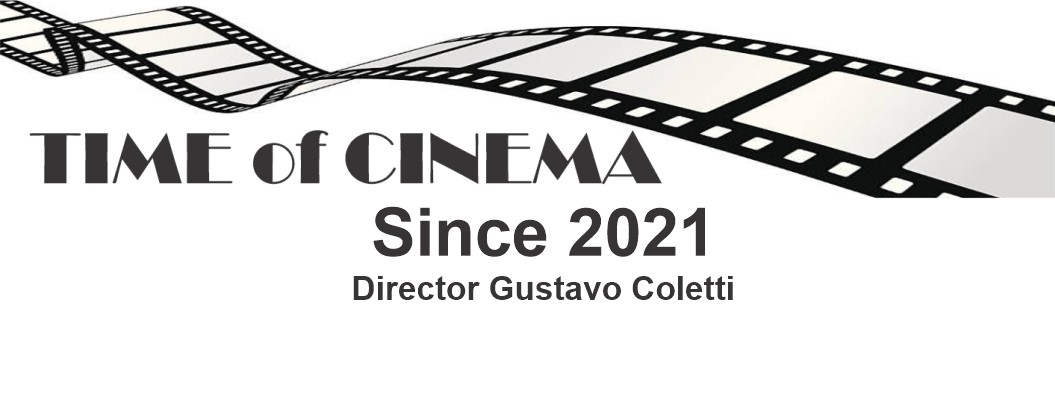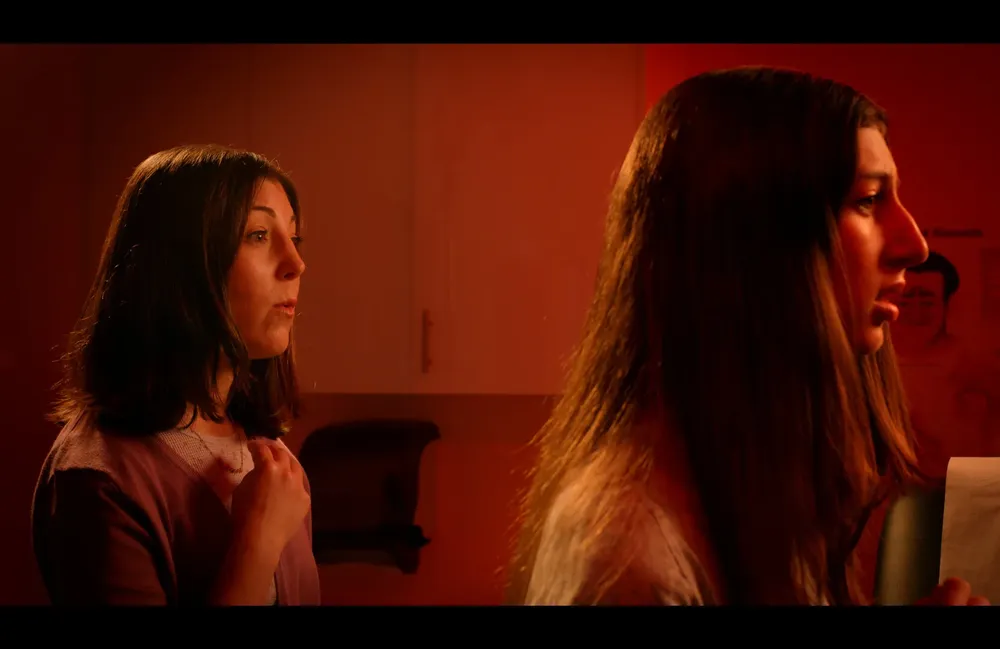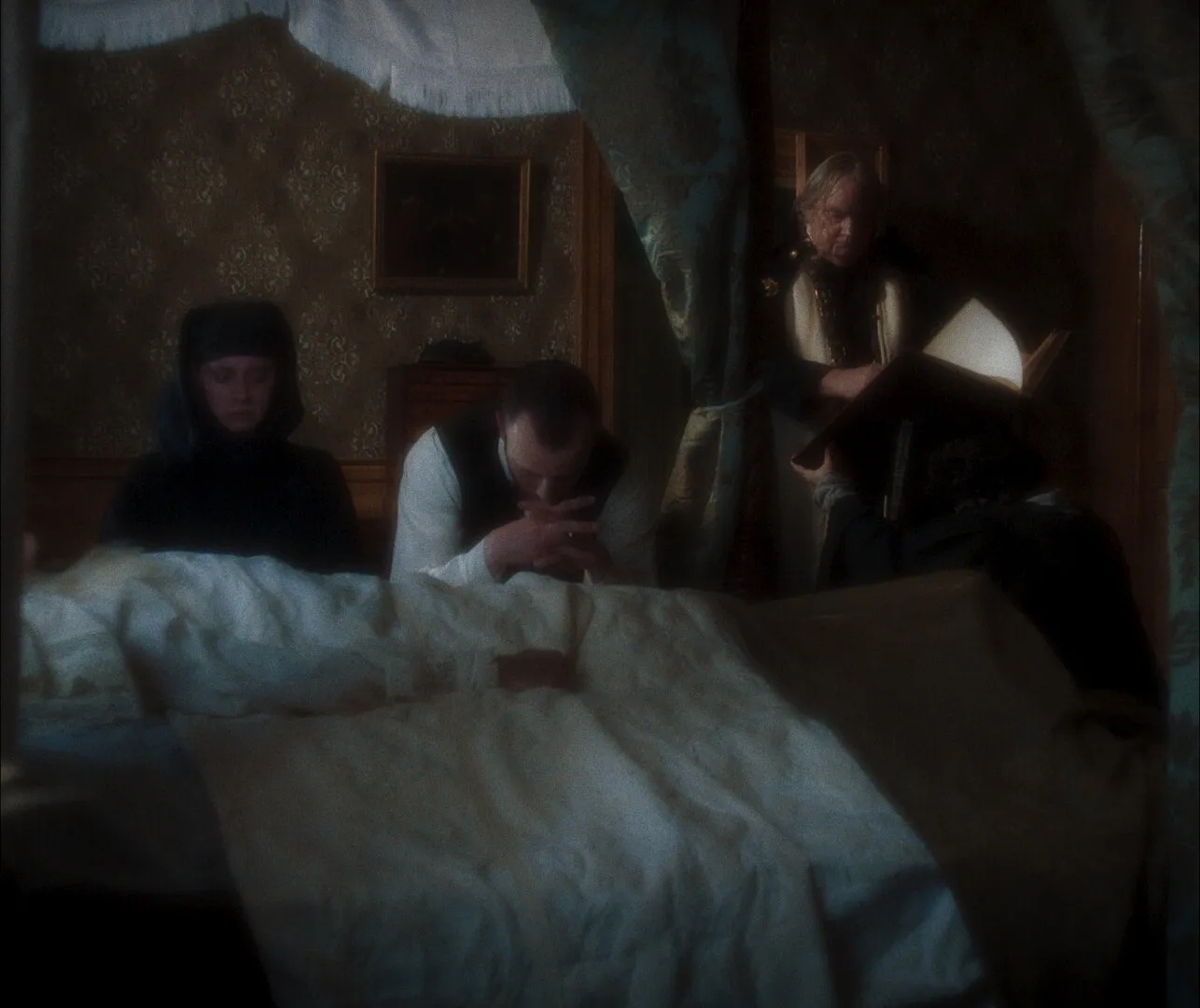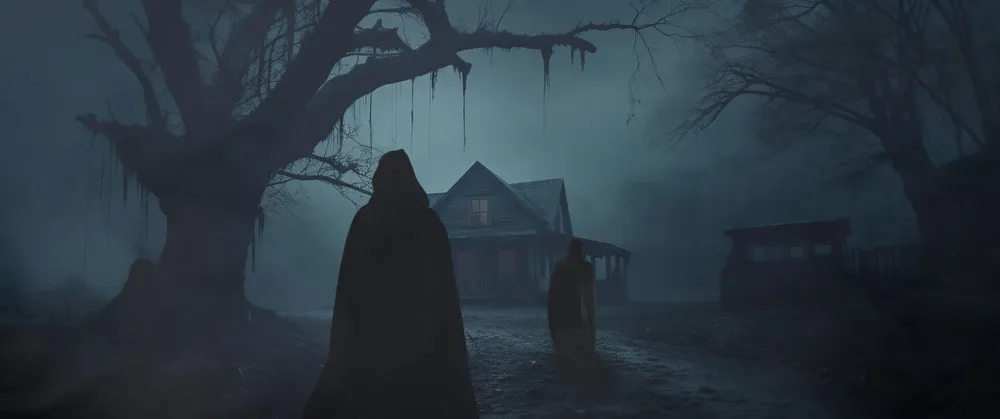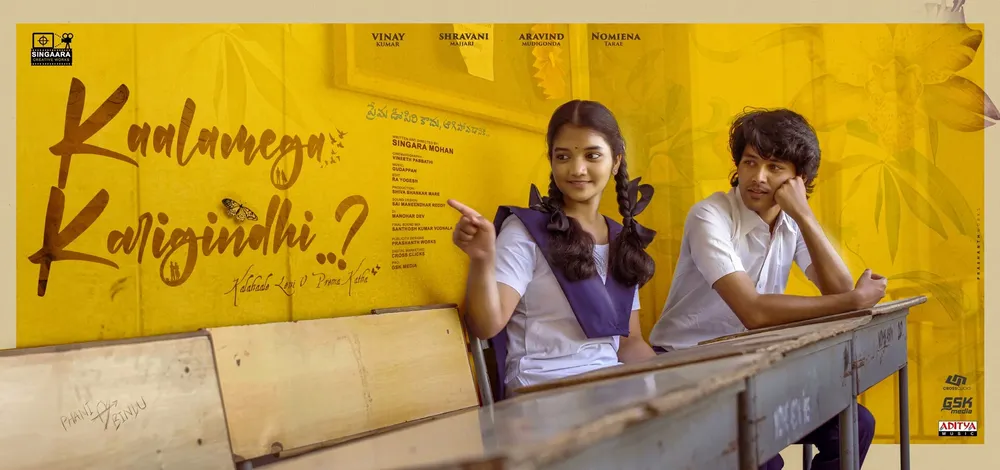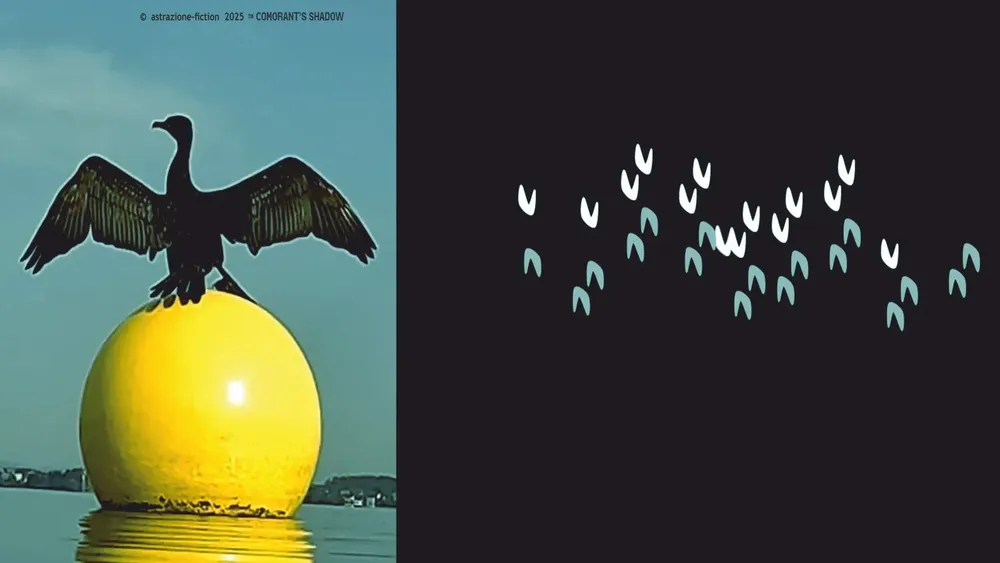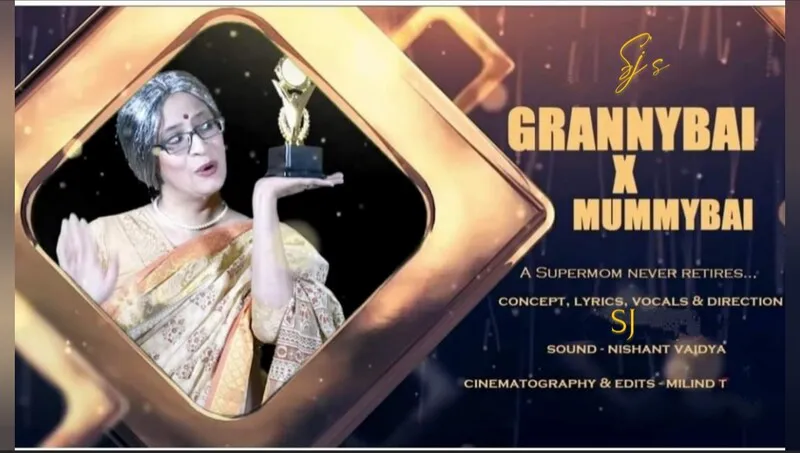
'The Count' had everything to be one of the best movies on Netflix but it falls short: Pablo Larraín's vampire Pinochet doesn't quite fly despite its great premise
Its premise is engaging and leaves several scenes to remember, but the director of 'Spencer' abuses the same ideas too much
REVIEWS Mikel ZorrillaThe Chilean Pablo Larraín has become one of the most acclaimed Latin American directors of recent times thanks to titles such as 'El Club' , 'Jackie' or 'Spencer' . In these last two he approached the figure of real people to offer unusual biopics that earned him critical acclaim, but now he returns taking a leap into the void without a net with 'The Count', a film in which he proposes the idea that the infamous Augusto Pinochet was actually a vampire.
Such an eccentric starting point serves to build a satire that is initially most seductive. From that voice-over spoken in English - something that makes sense later, although I am not very clear that the proposed solution is too good - to the different reflections made by the character played by Jaime Vadell, but there comes a point in which Larraín He returns to the same ideas again and again, thus detracting from the strength of the whole. In this way, what he proposed to have been brilliant remains something simply curious.
It takes more than a great premise
'The Count' is, above all, an experiment with which Larraín enters fully into a very rocky stage in the history of his country . He himself has declared himself against Pinochet on several occasions, so it was evident that in no case were we going to find here a masked celebration of the dictator who led Chile with an iron fist between 1973 and 1990. In fact, here he always shows a certain playful vocation. , mixing a decadent air that dominates the entire show with several moments in which its protagonist is clearly taken as a joke.
It is true that this may lead some viewers to feel that Larraín is trivializing such an important historical figure, but from his own starting point it is clear that any fidelity to real history here is pure chance. With this point settled, 'The Count' opts for a very direct approach when laying the foundations for its satire , which is what leads it to end up becoming a little repetitive as the minutes go by, giving the sensation that At times he feeds solely on how eccentric whatever his version of Pinochet is doing at that moment.
This is something that Larraín clarifies through a powerful treatment of the images , leaving us several scenes to remember. There it is true that the relationship between what we see and what he is telling us falls a lot on that first side, leaving us with the idea that 'The Count' probably would have worked as part of an anthology. It wouldn't have been good to mix it with, for example, a Francisco Franco werewolf or things like that. Yes, it is true that it would be returning to a similar idea, but the particularities of each dictator would be different, as are the specific effects of his years of leadership.
Furthermore, this attempt to cross comedy with horror ends up being a bit of a no-man's land - it is never particularly funny and it is not scary at all -, further highlighting the idea that the protagonist is tired of the life he has led. There he also goes over the same thing too many times, but it is where Vadell has more opportunities to shine individually and add more to the final result.
However, the interpretation that really seduced me in 'The Count' was that of Paula Luchsinger , since there is an impetus in it that manages to sustain the film in some moments in which narratively it seems to drift a little. Of course, it's a pity that it ends up somewhat blurred once the mystery that her character brings to the show is resolved and everything returns to focus more fully on Pinochet. It is also then when the film contributes something new on the part of its protagonist, thus also managing to keep the ship afloat.
All in all, I think 'The Count' is worth taking a look at, but it is not one of Larraín's greatest works and as a satire it is much less sharp than the fangs of its protagonist. In fact, I think that, although he didn't drive me too crazy either, I enjoyed 'He's Back' more with this proposal that was as brilliant in its premise as it was flawed in its result.
